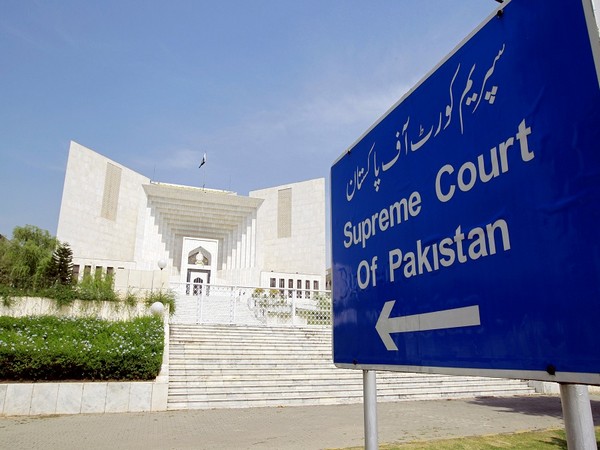ISLAMABAD: The Supreme Court has dismissed the appeal filed by M/s Payoneer Inc against the Federal Board of Revenue (FBR), which had issued a show-cause notice under Section 114(1) of the Income Tax Ordinance, 2001, asking the company to file income tax returns for the tax years 2019 and 2020.
The case was heard by a three-judge bench, led by Chief Justice Yahya Afridi, after Payoneer challenged the decision of the Islamabad High Court (IHC), which had previously dismissed its petition. Payoneer had contested the notice, arguing that it was not liable to file tax returns, as it was simply a payment gateway facilitating cross-border transactions between foreign customers and beneficiaries in Pakistan.
The FBR had sent the initial notice in April 2021, requiring Payoneer to file income tax returns for the specified years. The tax authority had also sought information regarding Payoneer’s compliance with Pakistan’s tax laws concerning offshore digital services.
Payoneer, a non-resident entity, had been registered with the FBR in March 2021 and had initially responded to FBR inquiries in December 2020, stating that its operations were based on a Home Remittance Agreement with Mobilink Microfinance Bank Limited (MMBL). The company argued that the transfer of funds did not involve any physical or digital presence in Pakistan.
However, FBR’s counsel, Chaudhry Imtiaz Ahmed, argued that Payoneer was under a statutory obligation to file income tax returns as per Section 114 of the Income Tax Ordinance. He further clarified that the show-cause notice did not cause any immediate harm to Payoneer, as no final assessment had been made.
The Chief Justice, in the court’s ruling, emphasized that Payoneer had the opportunity to present its defense to the tax authorities and, if aggrieved by any final order, could challenge it through the appropriate adjudicatory forums under the Income Tax Ordinance.




